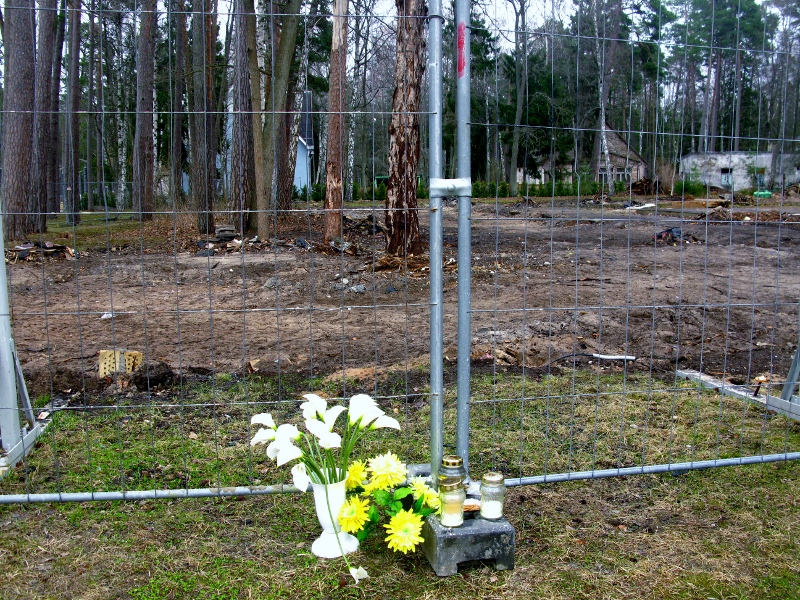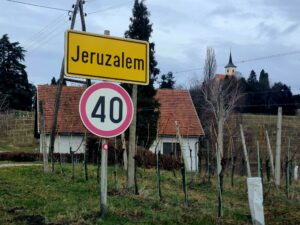A good friend of mine once told me that he envied me my faith. Another, a confirmed ‘dirt man’, thought that it must make life a little easier but wondered how I managed to be so matter-of-fact while living in a world based not on scientific facts and figures – hard data – but on tenuous concepts and strange beliefs.
There’s a great expression used at home that has become a mantra of sorts for me – if it’s for me, it won’t pass me. End of story. Clean. Simple. Precise. What’s due to me will come to me – not necessarily on my schedule, mind you, but in the end, it’ll all work out for the best. Some might consider this trite. Others might think it a cop-out. The very idea that each of us has a predestined life plan seems at face value to negate the concept of free will. I’ve long since given up debating the point – all I know is that faith works for me. Having faith, knowing with unqualified certainty that what is meant to be will be, believing that everything will work out for the best – call it faith, call it whatever – it works… for me.
In Latvia last week, we ventured north of Riga to the seaside town of Majori. There I saw faith of another sort – or perhaps the same, not that it matters much.
At the site of the former Orthodox Church of the Kazan Icon, consecrated in 1896, people still lay flowers and attend ceremonies each Sunday at 4pm. This church survived two World Wars until one night, in 1962, when on orders from the state, it was bulldozed and razed to the ground. Priests who served here included Jānis Pommers, the first saint to come from Latvia.
Though the church has been gone for longer than I’ve been alive, the congregation has kept the faith and fundraising continues to build a new church on the old site.
To hold vigil here each Sunday in the belief that one day the building, the church, and its community will be restored… that is faith.
As antisemitism raises its ugly head in Budapest and Jews are assaulted at football matches, believing in the innate goodness of mankind takes even more so I take heart in such acts of faith. This week, as I still feel the heartbeat from Salaspils, I am grateful, once again, for my faith; for whatever innocence or naivety that allows me to believe in the good in people and the sanctity of tomorrow.








2 Responses
Sanctity of tomorrow is a profound notion. Is that the tomorrow that never comes? I remember hearing of a sign in a pub in Gdansk which said ‘If you want credit, come tomorrow’.
Insightful… as always… tomorrow is ever only a day away
Mary Murphy http://www.stolenchild66.wordpress.com